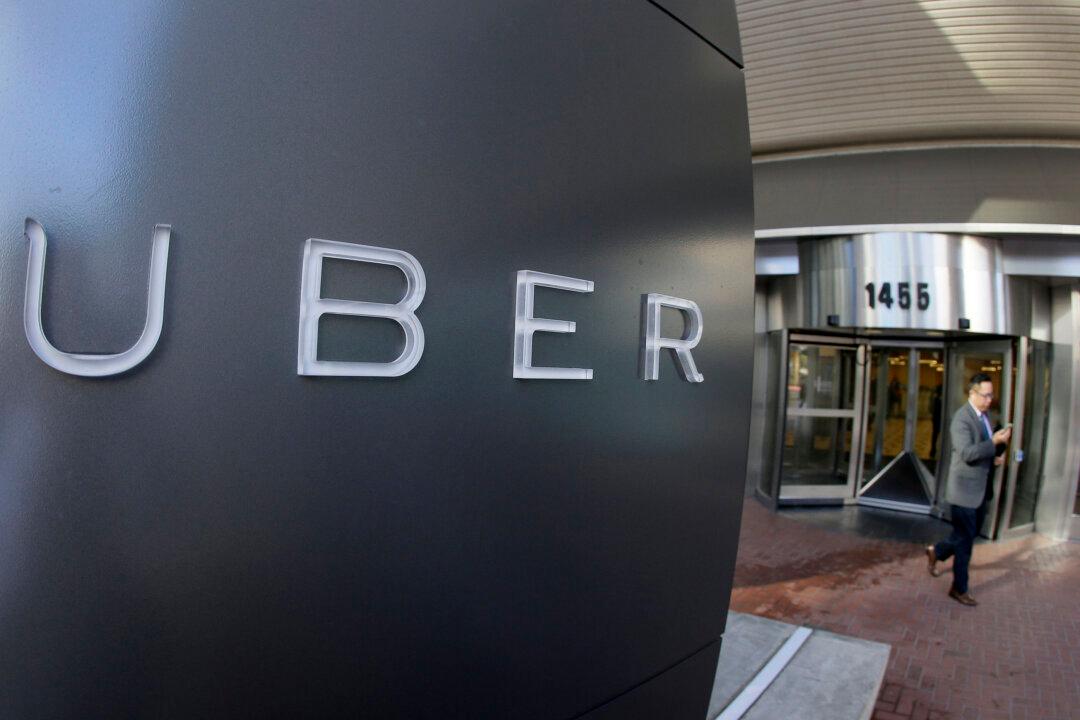Uber Technologies Inc., a ride-hailing company valued at more than $50 billion, has topped the list of most valuable startups in the world according to Statista, an online statistics portal.
The Chinese smartphone maker Xiaomi trails Uber, with a $46 billion valuation.
Of the top 10 startups, six companies are from the United States, three are from China, and one is from India.
Below, we take a closer look at the top 10 privately held startups, based on their last valuation of the most recent funding rounds.
1. Uber
Travis Kalanick and Garrett Camp founded UberCab in 2009. The company officially launched its ride-hailing service and mobile application in San Francisco in 2011 and changed the name to Uber. It has expanded its service to 390 cities worldwide in a couple of years.
The company, which takes a 20 percent cut of each ride, recorded revenues of more than $400 million in 2014. Uber Technologies Inc. completed a new funding round in July 2015 that valued the company at close to $51 billion.
Its success story has led to the emergence of rivals like Lyft and an opposition from the incumbent taxi industry and regulators. The service has been banned in some areas due to concerns about safety.
The rapid increase in Uber’s valuation reflects its aggressive growth as well as the rising popularity of its service among riders.
2. Xiaomi
Xiaomi Corp., headquartered in Beijing, is the world’s fourth largest smartphone maker after Samsung, Apple, and Huawei. The company designs, develops, and sells smartphones, mobile apps, and related electronics.
It has achieved 30 percent growth in sales in 2015 and has a significant presence in China, India, and Southeast Asia.
The company set a mark recognized by Guinness World Record by selling more than 2 million handsets online in 24 hours that offered discounts on its fifth birthday (April 6, 2015).
Critics said Xiaomi’s phones and tablets are very similar to Apple’s. In addition, the company’s chairman Lei Jun, the fifth richest man in China, has carefully cultivated a Steve Jobs image and is considered as a “knockoff of Steve Jobs.”
Xiaomi raised $1.1 billion in 2014, at a valuation of $46 billion. This is a dramatic growth from the last time the company raised money in June 2012 at a valuation of $4 billion.
However, this whopping valuation may not be sustainable, according to experts. With the economic slowdown in China, the company is expected to miss its sales targets.
3. Airbnb
Founded in 2008, Airbnb is a social website that connects people looking to rent their homes to people who are looking for local accommodations. It operates in more than 34,000 cities and 190 countries. It was founded by Brian Chesky, Joe Gebbia, and Nathan Blecharczyk in San Francisco.
Airbnb’s valuation has been driven by its solid growth in the last few years. Its estimated revenues for 2015 were $900 million.
Airbnb Inc. raised a new round of funding in November 2015 that valued the company at $25.5 billion. With this valuation, Airbnb surpasses the market value of major hotel chains like Hilton ($21.0 billion), Marriott ($17.9 billion), and Starwood ($12.9 billion).







